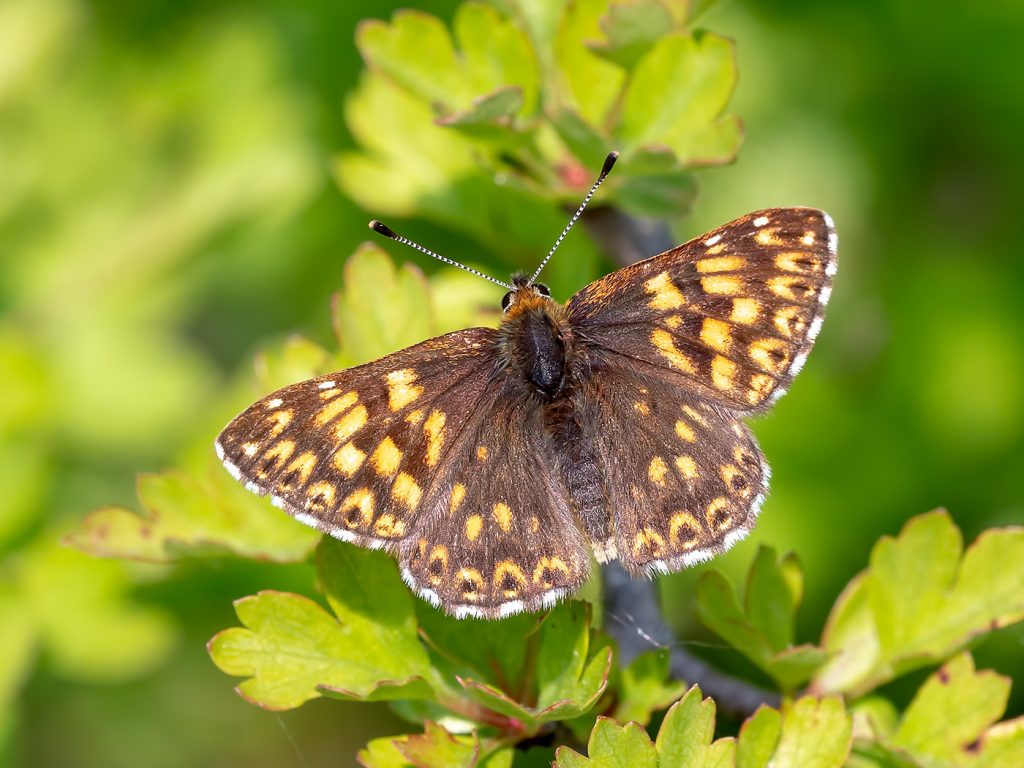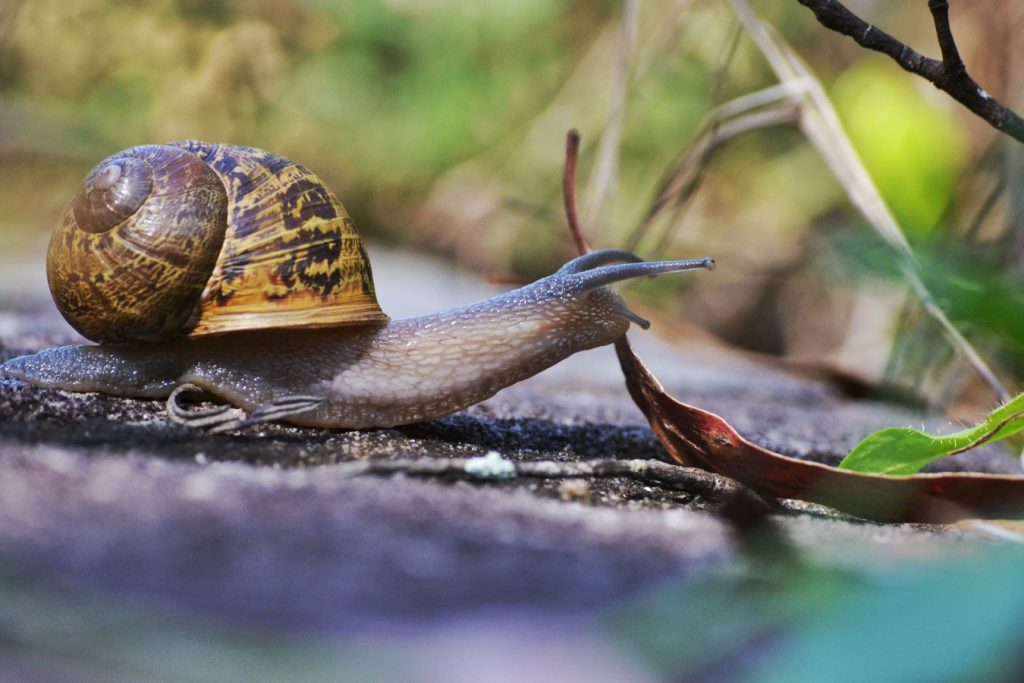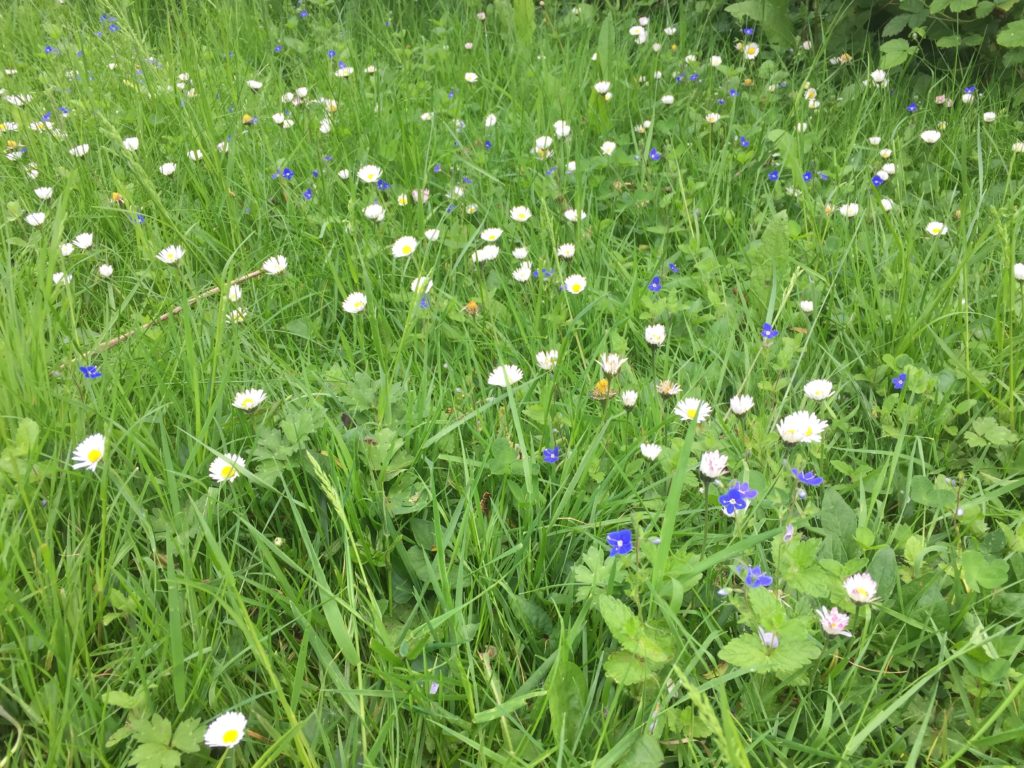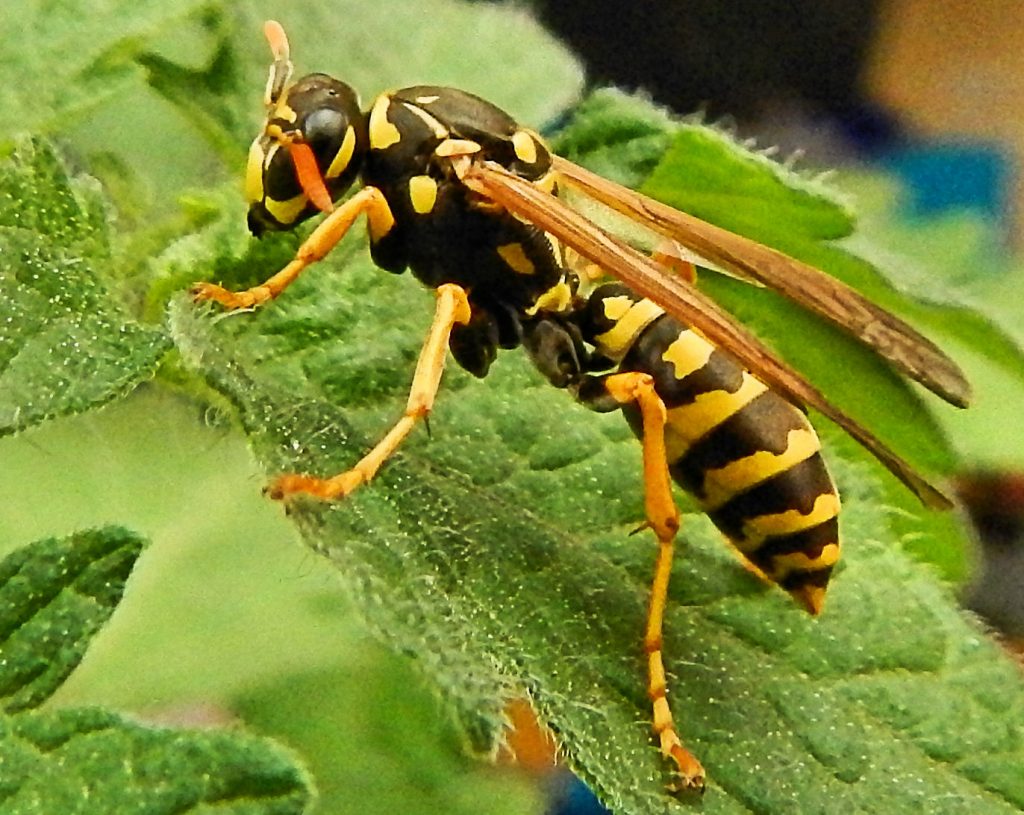The Times and Metro report the police, fire crews and the RNLI have worked through the night to try to free a whale stranded in the River Thames in south-west London. The whale, believed to be a baby Minke, was spotted in Richmond Lock yesterday evening – and has since been moved. A vet will now assess whether it is strong enough to be released back to sea.
All posts by Heather
Climate change clips wings of moths, NatureScot study reveals
The Times reports Scotland’s moth population has been badly damaged by climate change, experts have said. The latest research shows that moth abundance has almost halved, falling by 46 per cent between 1990 and 2018 and still dropping. Yet the study showed moth occupancy — the distribution of the insects across Scotland — has risen by 16 cent between 1990 and 2016.
Climate change is likely to be an important factor behind the trends, driving some species north, with corresponding surges in occupancy. At the same time, warmer, wetter winters have been shown to affect some moths badly while others suffer from detrimental land management and habitat changes.
‘Love our bogs’: UK should harness all its landscapes in fight for climate – report
The Guardian reports regenerating native woodland, restoring grassland and rewetting peatland must be priorities when tackling the “two defining crises of our age”, according to the first complete assessment of how UK nature-based solutions can combat the climate and biodiversity crises.
More than 100 ecologists examined how all kinds of landscapes – from urban to agricultural to coastal – could be enhanced to maximise carbon retention, biodiversity and human wellbeing.
Rare fish set for return to River Severn breeding grounds
The BBC reports one of the UK’s rarest fish is getting a chance to return to its historical breeding grounds on the River Severn. The little-known twaite shad, a member of the herring family, was once common in British waters with thousands of the fish migrating upstream in spring. Numbers dwindled after weirs constructed in the 19th Century posed barriers to migratory fish. A conservation project is trying to unlock the river for fish by creating routes around several weirs.
Four rare male corncrake birds recorded on Rathlin Island
The BBC reports four rare male birds have been recorded on Rathlin Island, off the County Antrim coast.
It is the highest number of calling male corncrakes to be confirmed on the island in about 40 years. The corncrake is one of NI’s rarest birds, known for its distinctive call. Rathlin is the only place in NI where the species can be found, and is the focus of conservation efforts by the Royal Society for the Protection of Birds NI (RSPB NI).
River Otter flood plain work delayed to protect nesting birds
The BBC reports plans to go ahead with the restoration of mud flats have been put back after concerns were raised by campaigners about the effect on nesting birds. The project would have involved the removal of vegetation on the River Otter estuary in Devon, starting on Tuesday.
The Environment Agency (EA) said the start of work was “being reviewed”. The rescheduling followed involvement from the RSPB and wildlife TV presenter Chris Packham. The RSPB said it supported the restoration scheme, but it was the wrong time of year.
Wildlife-friendly UK farms help Duke of Burgundy butterfly numbers take flight

The Guardian reports this is the time of year when the Duke of Burgundy, a small jewel of a butterfly named after an unknown aristocrat, takes to the wing.
Ten years ago, it was Britain’s rarest butterfly, living in tiny colonies on scrubby chalk or limestone grassland. Now it has bounced back, its population surging by 25% over the decade.
Last spring, one of the biggest colony of Dukes in the country was discovered by Martin Warren, the author of Butterflies: A Natural History. This was a chance find but the thriving population on chalk downland in Dorset is no accident.
Slugs and snails expected to re-emerge this weekend

iNEWS reports unseasonally late frosts have been keeping them at bay in Britain’s gardens but slugs and snails are set to return at the weekend with a vengeance.
Warmer conditions combined with scattered showers offers them ideal conditions, just as gardeners are tending their prized seedlings and garden plants are putting forth tender, and a to a gastropod, highly munchable fresh shoots.
It all adds up to, the Royal Horticultural Society (RHS) is warning, a perfect slug storm for gardeners. Nevertheless, the RHS is urging gardeners to go easy on their most traditional of enemies.
Chris Packham: How making your neighbours wild might just help your garden grow

iNEWS provides an opinion piece in which Chris Packham writes: I think you have to take an active hand in terms of managing any amount of space. Even if you are going to allow a square metre of your garden to go to wildflowers, then you need to get rid of that lawn grass and sow some wildflower seeds. Simply neglecting it is not the answer.
Wasps may be hated – but they’re actually one of our most valuable species, study finds

iNews reports wasps may be the most hated creature in the garden but they are actually among the most valuable species around, a study has found. Researchers have conducted a major investigation into the 33,000 species of wasp and concluded they are the most unfairly maligned insects in the back yard. They conclude that wasps deserve to be just as highly valued as other insects, such as the much loved species of bees, because they play a key role as pollinators and as predators – keeping the insects they eat further down the food chain in check…
